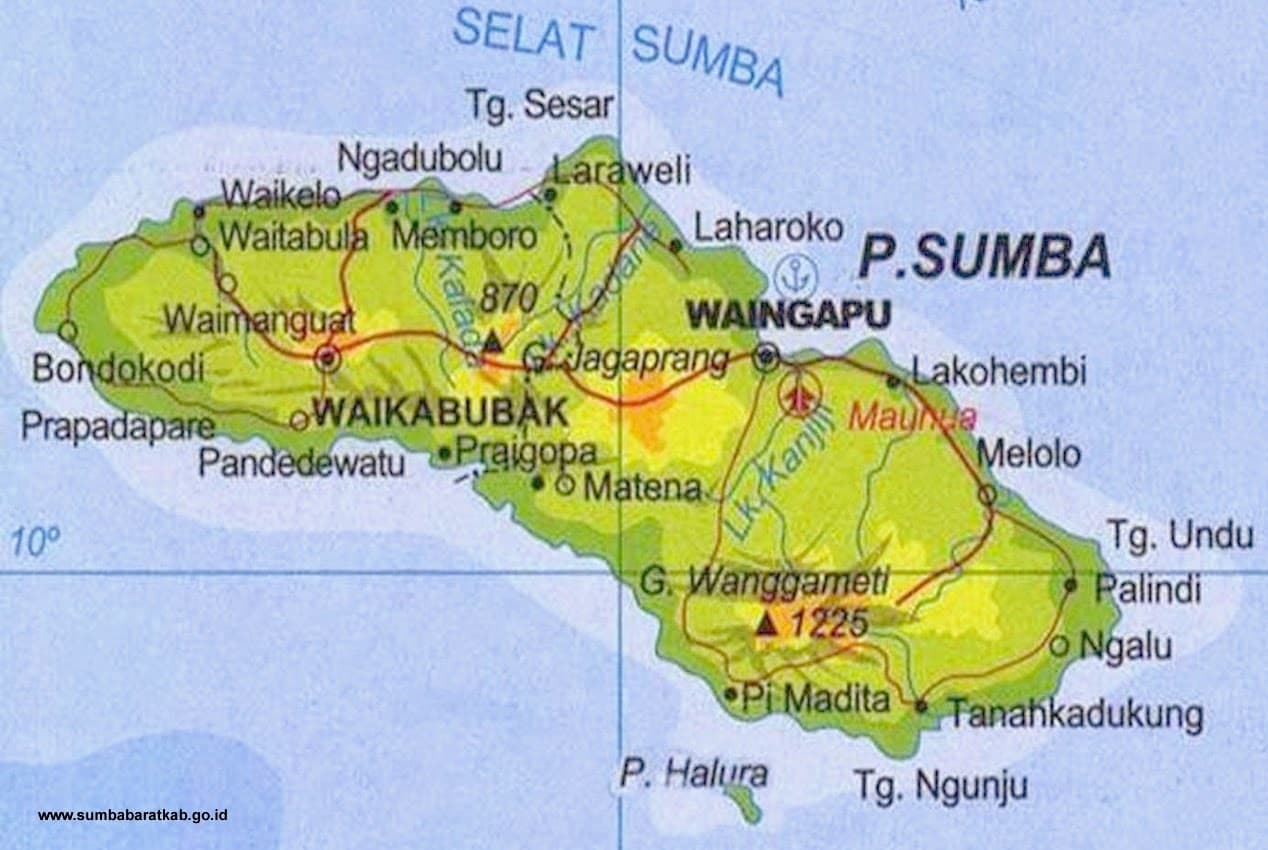Challenge
About 80% of Sumbanese people live in rural areas, where most are subsistence farmers. Per capita expenditures are about two thirds of national levels, and poverty and food insecurity rates are over 30%. Only about a quarter of households are served by the grid, fuelled by costly diesel. The electrification rate, including off-grid, is about 50%. Almost all rural households use firewood for cooking; most use kerosene to light their homes. Lack of energy access hampers development. It creates labour burdens, especially for women, who shoulder chores like fetching wood or water, and pounding corn. It makes communications difficult, and prevents use of equipment or machinery for improved livelihoods. With limited lighting, evenings are downtime for work. Schools cannot use computers or printers, and children can’t study at night. Firewood and kerosene use subject women and children in particular to the harms of indoor air pollution. Despite huge potential for renewable energy, top-down planning has excluded local voices and proven blind to local resources. There is little local capacity to manage and maintain renewable energy installations. As a result, previous initiatives suffered from inappropriate technologies, lack of ownership, training, or user services, and poorly managed retribution systems.
Description
First, we demonstrate a new decentralised multi-actor approach for energy planning. Our objectives are to create local demand, generate collaboration and investment, and ultimately to unlock local energy resources to drive development. Second, we establish model off-grid initiatives in which communities and entrepreneurs–women and men–are able to apply RE technologies. Our objectives are to build capacity and demonstrate sustainable business models that promote improved livelihoods. We establish social enterprises and local business units that disseminate solar, micro-hydro and wind systems, and rent or sell lanterns, agricultural equipment and biogas. Third, we campaign for the transition to renewables in the region and beyond. We use multiple channels to share stories from Sumba with policy makers and the public, particularly young people, to inspire debate, support and funding.
Outcomes
Small scale solutions to reach communities in remote places who lived far away from the national grid to trigger local economic development includes domestic biogas, energy kiosks, electrifying schools and agro-processing with business model where user pays for services they received for operation & maintenance.
